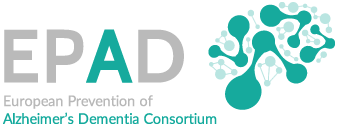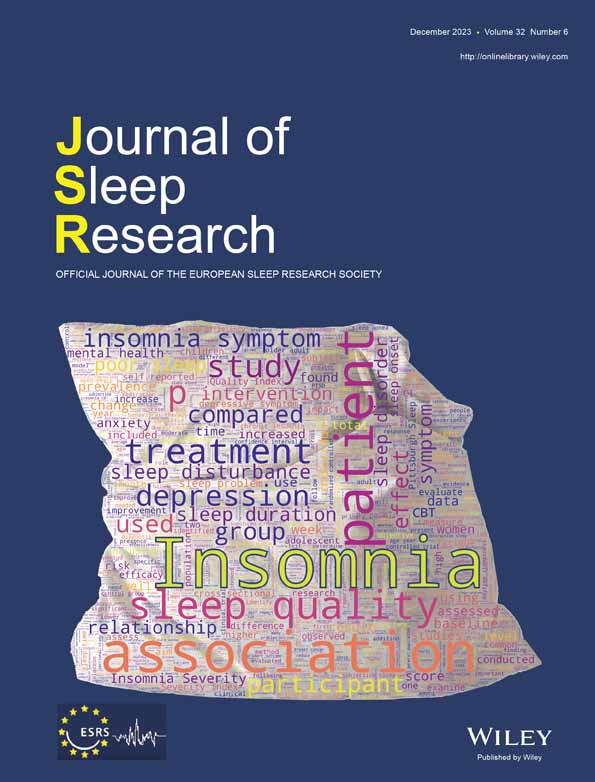
What is your current role in EPAD?
I wear two hats within EPAD. Firstly I work for WP3, which is led by Pieter Jelle Visser at VUmc and Gerald Luscan at Pfizer. Together with a great team of colleagues, I’m involved in the process of informing new cohorts and getting them connected to the Registry. What makes this interesting is that no two cohorts are the same, and we continually have to work together with different parties and adapt to local situations. Secondly, I have a coordinating role for the Amsterdam TDC. When I joined the VUmc team our site had not yet started recruiting, so I’ve also assisted in setting up the logistics. As such I’ve been able to witness and contribute to the whole process from getting ethical approval to recruiting and seeing participants.
What did you do prior to joining EPAD?
This is my first fulltime job. I have a background in psycholinguistics, and I was a research assistant in projects about Theory of Mind development in children and affective language processing. I moved into neuropsychology because I was interested in brain pathology and wanted to work in a clinical setting. To my luck, the EPAD team had a vacancy directly after my clinical internship at VUmc ended. I must say I’m proud to work on a project with such enormous societal relevance.
Tell us a bit about the institution/company/organisation you work for.
The VUmc Alzheimer Center is one of the four centers in the Netherlands specialized in the diagnosis and treatment of dementia, with a special focus on young-onset dementia. Scientific research is fully integrated in the healthcare pathway, and our memory clinic cohort contains data of more than 5,000 patients. This cohort forms the basis of most of our research, which focuses on four major research lines: 1) variability in manifestation, 2) early diagnosis, 3) vascular factors, and 4) interventions. The Alzheimer Center also recently co-launched a national population-based cohort, inspired by the U.S. Brain Health Registry.
I’ve experienced the Alzheimer Center as a very nurturing environment for young researchers. I’ve learned a great deal in the past year and a half, and it’s been rewarding to be part of a group of colleagues who are so passionate about what they do. There are ample opportunities to learn from each other’s expertise and to grow as a researcher, which I thoroughly enjoy.
What are your expectations from the EPAD project?
In my view the Registry can already be called a success, but I’m expecting many more cohorts to get connected in the months and years to come. Now that we’re more than a year into the LCS, it will be exciting to start evaluating the Registry in terms of its efficiency. This will offer a wealth of information on recruitment for preclinical Alzheimer’s dementia trials. The architecture of the EPAD project is of course unique, and I’m hoping that we’ll be able to reap the harvest of that in the future. A more efficient way of conducting trials means that we can move towards preventing Alzheimer’s dementia more quickly – this is the promise that EPAD carries.







